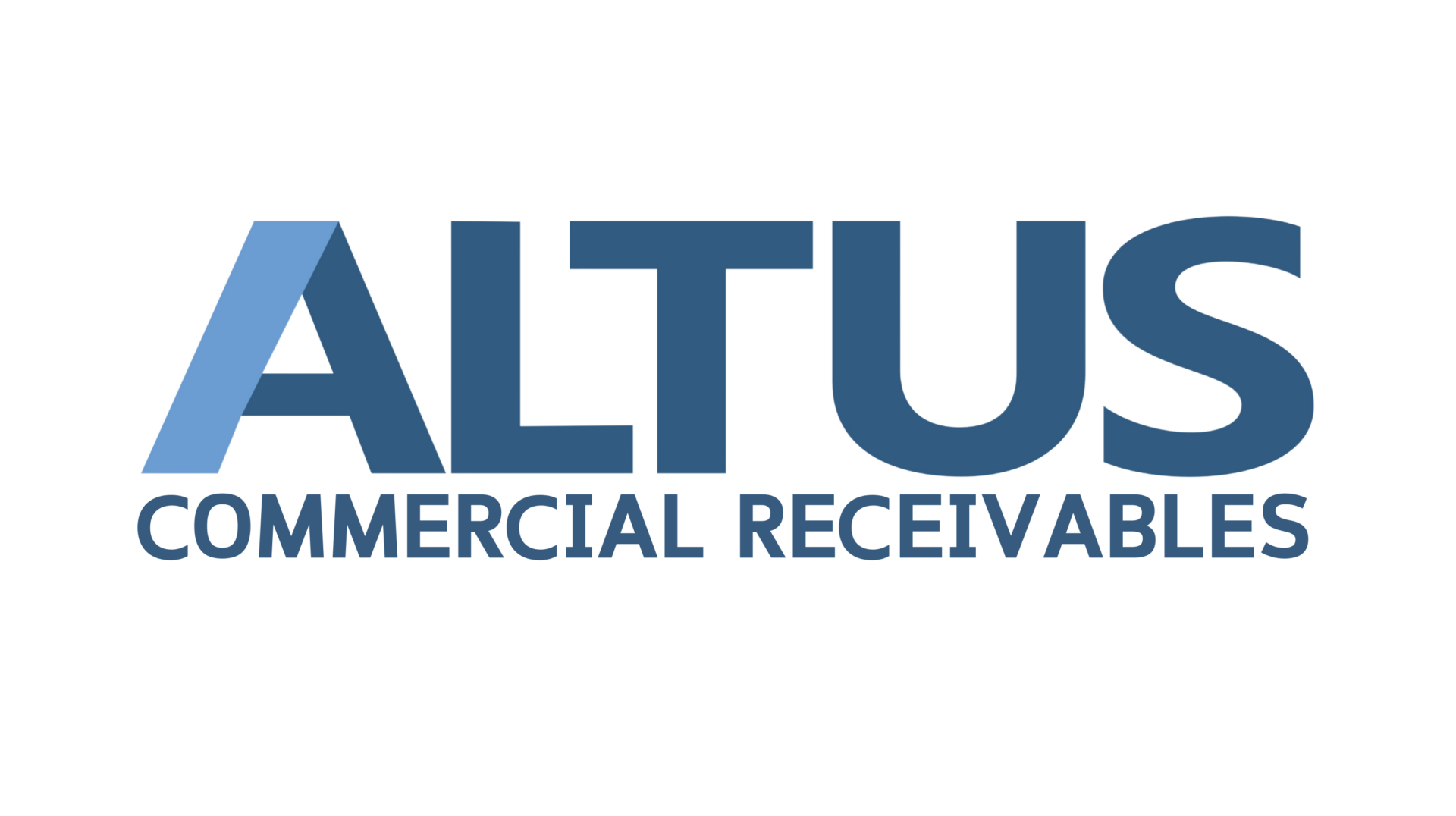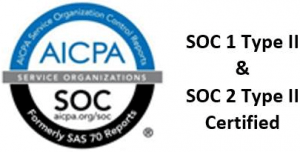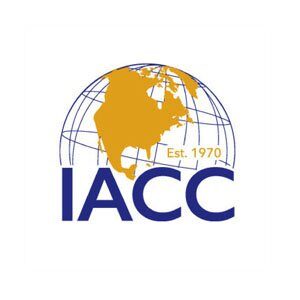In an interconnected global marketplace, freelancers and business owners often grapple with the intricate challenge of international debt collection. Retrieving overdue payments from clients and customers across borders can be complex, demanding a nuanced understanding of the processes and laws involved.
Whether you want to know more about deciphering the stages of debt retrieval, staying compliant with international debt collection laws, or adopting effective strategies, this comprehensive guide equips you with the insights and resources needed to recover owed funds in the international arena successfully.
What Is Global Debt Collection?
International debt collection is the process of reclaiming overdue payments from debtors abroad. With the increasing involvement of businesses and freelancers in cross-border transactions, the need for efficient international debt collection has grown. Collaborations on a global scale can give rise to pending payments from clients, customers, or partners worldwide.
Distinct Hurdles of International Debt Collection
International debt collection has a set of unique hurdles that distinguish it from domestic debt recovery:
- Legal multifariousness: Every nation maintains distinct legal frameworks and rules governing debt collection. Maneuvering this array of legal landscapes requires an in-depth comprehension of each jurisdiction’s regulations, ensuring compliance and proper debt recuperation.
- Cultural intricacies: Differences in cultural norms and communication methods across countries significantly impact debt collection approaches. These differences require a careful approach to avoid misunderstandings or unintended offenses.
- Linguistic impediments: While communication is pivotal in debt collection, language barriers can complicate things. Precise translation and interpretation play a pivotal role in accurately conveying messages.
- Logistical intricacies: Geographical separation, varying time zones, and bureaucratic intricacies amplify the intricacy of international debt collection. Coordinating communication and legal actions across borders introduces an additional layer of complexity.
- Challenges in enforcement: Retrieving debts from foreign jurisdictions involves complex procedures. Acknowledging and implementing court orders spanning borders often demand meticulous legal processes.
Understanding International Debt Collection
Navigating international debt collection requires a comprehensive understanding of its stages and intricacies. The process happens through three stages, each tailored to the global context and demanding strategic execution.
Pre-Collection Stage
This initial phase centers on businesses establishing communication with debtors and seeking amicable debt resolution.
- Diplomacy and initial contact: Initiate respectful communication with debtors to address overdue payments cooperatively. Express concerns while maintaining professionalism and understanding debtor challenges. Seek insights into reasons for payment delays.
- Amicable resolution attempts: Present flexible payment options aligned with the debtor’s financial situation. For example, you can propose extended terms or partial payments to facilitate debt recovery. Highlight the benefits of resolving the debt without escalation.
- Communication and documentation: Maintain thorough records of all interactions, including dates and content. Confirm verbal agreements in writing for clarity and accountability and document debtor commitments regarding payment schedules.
Collection Stage
If pre-collection efforts yield no results, a more assertive phase involves specialized debt collection agencies.
- Engagement of debt collection agencies: Partner with a reputable agency that’s experienced in cross-border cases. Provide them with comprehensive debtor information and communication history so you can collaborate to design a tailored debt recovery strategy.
- Negotiation and assertive communication: Agencies can employ negotiation skills to convey urgency. Regular contact reinforces the seriousness of the debt.
- Technological tools and tracking: Debt collection agencies use technology to monitor communication and deadlines. Automated reminders increase debtor engagement.
Legal Action Stage
When the above collection efforts fail, legal recourse may be pursued with collaboration from experienced agencies.
- Last resort: Legal action arises when other options fail, demanding careful consideration of costs and outcomes. Engaging in legal proceedings necessitates strategic judgment.
- International legal expertise: Collaboration with cross-border legal experts ensures adherence to international legal systems and laws.
- Enforcement challenges and judgment execution: Cross-border enforcement is intricate, so partnering with the right debt collection agency is helpful.
These international debt collection stages highlight the systematic progression from diplomatic negotiation to assertive collection and, as a last resort, legal action. Understanding these stages is crucial for effective international debt recovery while preserving relationships and compliance with international laws.
Can a Foreign Debt Be Collected in the United States?
Debt can follow borrowers to other countries. Frequently, when dealing with international creditors, the necessity arises to initiate legal proceedings within the United States. Each state outlines specific statutes of limitations, establishing timeframes in which creditors are mandated to institute legal action for debt recovery.
International Debt Collection Laws
The international nature of debt collection introduces a layer of complexity stemming from varying legal systems and regulations across different countries. Navigating these legal landscapes is imperative to ensure compliance and maximize the chances of successful debt recovery while avoiding legal pitfalls that could hinder business operations.
Let’s take a closer look:
The Impact of Cultural Norms
International debt collection laws often intersect with cultural norms, which can influence the approach to debt collection. In some cultures, assertive debt collection practices may be perceived negatively, while in others, they might be expected. Adapting your approach to the cultural context can greatly influence the outcome of debt recovery attempts.
Regulatory Compliance
Navigating the regulatory landscape is crucial to avoid violating local laws that could result in legal actions against you. Adherence to these regulations might impede debt recovery and have broader legal consequences that affect your overall business operations.
Collection Tactics and Limitations
Different jurisdictions impose varying restrictions on debt collection tactics, such as communication frequency, acceptable working hours and permissible collection fees. Familiarity with these constraints is pivotal to remaining within legal boundaries while pursuing debt recovery.
The Role of Legal Experts
Given the complexities of international debt collection laws, partnering with debt collection experts specializing in cross-border debt recovery is prudent. These professionals possess in-depth knowledge of the intricacies of various legal systems related to debt collection, offering invaluable guidance to structure your debt collection approach within the confines of international law.
Jurisdiction and Choice of Law
In international debt collection cases, questions of jurisdiction and choice of law can arise. Understanding which jurisdiction’s laws apply and how these laws interact with each other is vital for determining the legal framework within which your debt collection efforts will unfold.
Tips for Effective International Debt Collection
Collecting debts from international clients requires finesse in communication, strategy, and professionalism. A strategic approach can significantly improve the chances of successful debt recovery while nurturing valuable business relationships.
Communication and Professionalism
Clear, respectful communication forms the foundation of international debt collection. Recognize cultural disparities when interacting with debtors in other countries to foster understanding. Maintain written records of communication, which are valuable for potential legal proceedings.
Research and Preparation
Thorough research equips you with the knowledge to navigate international debt collection. Gather debtor information and tailor strategies based on this insight. Familiarize yourself with local business practices in the debtor’s country to enhance your approach’s effectiveness.
Engage International Debt Collection Agencies
Collaborating with experienced international debt collection agencies offers several benefits for successful recovery. These agencies understand cross-border complexities and possess extensive networks, enhancing the process. They can help ensure compliance with international laws and regulations.
Comprehensive Documentation
Accurate documentation is crucial, especially for legal proceedings. Maintain records of all communication, preserving timestamps and validating recovery efforts. Save copies of agreements, contracts, and invoices related to the debt for legal evidence and smoother recovery.
Choose Altus for Premier Commercial Debt Recovery
Altus is North America’s premier international debt collection agency, offering three decades of expertise to thousands of businesses. We’ve perfected the art of maximizing your recoveries through the synergy of seasoned professionals, cutting-edge technologies, and a commitment to compliance.
With our comprehensive services spanning first-party collections, third-party collections, international cases, legal services, and more, we can handle even the most intricate debt recovery challenges. Reach out and contact us today for more information on how our international recovery team can help.







